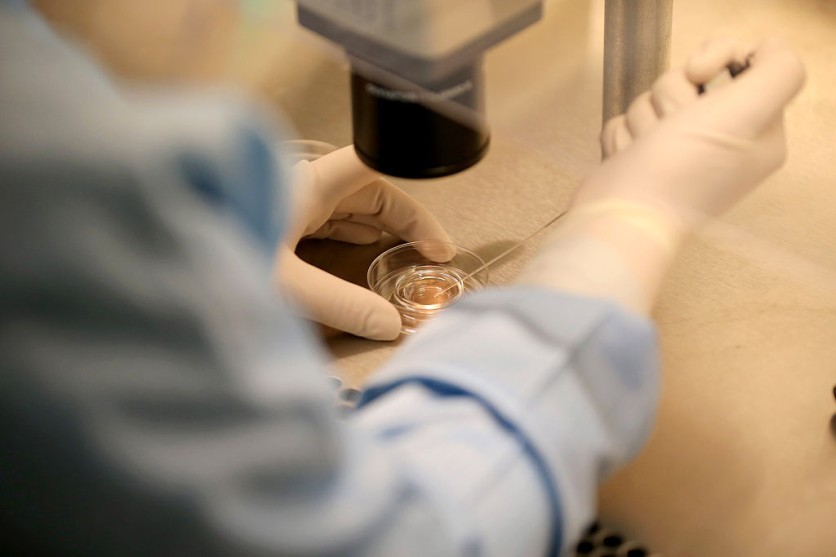Children through sperm or egg donation will not have to wait until they become 18 years old to contact their biological parents, according to proposed legal reforms in the UK, reported first by The Guardian.
Donor-conceived children must wait until age 18 to learn who their biological parents are. However, the Human Fertilization and Embryology Authority (HFEA) asserted that the law has to be changed so that the information can be easily accessible following the child's birth if the donor chooses to do so.

Proposed Reforms
Parents would need to determine whether they want to choose a donor who is identified before or after their prospective kid turns 18 at the time of treatment.
However, it is important to note that it is up to the government and, eventually, the parliament to decide whether they should accept these proposed reforms.
Many provisions of the fertility law, according to HFEA chair Julia Chain, have withstood the test of time, but she argues that the industry's 30-year-old law does not consider modern fertility practices, new avenues for patient research, or shifting donor and family expectations.
"The HFE Act is the cornerstone of fertility regulation enforced by the HFEA to ensure clinics provide services to patients that are safe and of a high standard; we are uniquely positioned to see where the law works well and where it doesn't," Chain said in a statement with The Guardian.
The HFEA also wants more authority to control "add on" treatments, which are extras some clinics offer as an option and which can run patients thousands of pounds. Several fertility clinics direct patients to sister businesses that provide guidance on diet, wellness, and health.
The HFEA has suggested that it be given broader authority to control these additional treatments.
This comes after the Competition and Markets Authority issued a warning regarding fertility clinics' failure to disclose information about the dangers or supporting data for treatment add-ons in 2022. It claimed that each cycle's add-ons might cost up to £2,500.
Read Also : White House Reverses Telehealth Policy for Some Controlled Drugs, Requiring In-person Evaluations
"Silent on Patient Care"
According to Chain, they have determined which areas of the law need to be updated to protect the interests of patients and their families with the help of an experienced advisory committee.
This involves giving patients additional options regarding donor confidentiality and more modern authority for inspecting and regulating fertility clinics.
According to experts, the 30-year-old law is no longer relevant. The HFEA stated that since the act called for the power to take appropriate action when patient safety is in danger, it is "silent on patient care."
The agency claimed that it should have the ability to fine clinics that were not operating well since the scope of its present punishments was too limited. It also demanded that GPs and fertility clinics exchange patient records.
Over 60,000 patients use reproductive services annually in the UK, and in England, 60% of patients are self-paying, according to the Guardian.
The HFEA consultation started on February 28 and will last for six weeks, according to the authority's website. It will submit its recommendations for legislative changes to the Department of Health and Social Services by the end of 2023.
Related Article : Study Shows Psychedelics Can Help Longtime Smokers Quit for Years

ⓒ 2026 TECHTIMES.com All rights reserved. Do not reproduce without permission.




